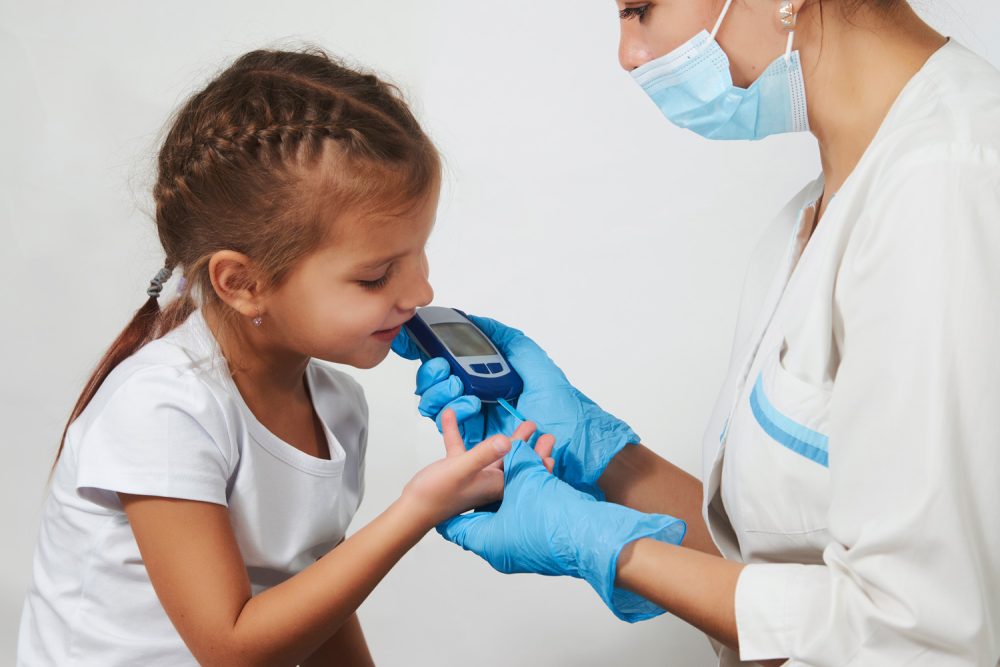Advertisment
Covid-19 may increase diabetes risk in children

A large two-year study has found that young people infected with SARS-CoV-2 – the virus which causes Covid-19 – are at increased risk of new-onset type 1 diabetes. The increase is small but the authors urge parents and health professionals to watch for early warning signs of diabetes.
The research shows that 0.13% of children and adolescents who contracted Covid-19 were diagnosed with type 1 diabetes a month or more after infection, compared to 0.08% in those without a registered infection.
The findings were presented by Dr Hanne Løvdal Gulseth and Dr German Tapia, Norwegian Institute of Public Health, Oslo, at the European Association for the Study of Diabetes (EASD) Annual Meeting in Stockholm, Sweden.
Data from national health registers was used to track new diabetes diagnoses in a database of more than 1.2 million people aged under 18 in Norway. This information was compared with data on Covid-19 infections.
‘Our nationwide study suggests a possible association between Covid-19 and new-onset type 1 diabetes,’ says Dr Hanne Løvdal Gulseth. ‘However, the absolute risk of developing type 1 diabetes is still low. Most young people who get Covid-19 will not go on to develop type 1 diabetes but it is important that clinicians and parents are aware of the signs and symptoms of type 1 diabetes. Constant thirst, frequent urination, extreme fatigue and unexpected weight loss are tell-tale symptoms.’
Several recent case reports have suggested a link between new onset type 1 diabetes and SARS-CoV-2 infection in adults. But evidence is more limited in children. It has long been suspected that type 1 diabetes, which is usually diagnosed in younger people, is a result of an over-responsive immune reaction, possible due to a viral infection, including respiratory viruses.
‘The exact reason for the increased risk of type 1 diabetes in young people after COVID-19 is not yet fully understood and requires longer-term follow-up and further research into whether the risk could be different in children who are infected with different variants,’ says Dr Gulseth.
‘It’s possible that delays in seeking care because of the pandemic might explain some of the increases in new cases. However, several studies have shown that SARS-CoV-2 can attack the beta cells in the pancreas that produce insulin, which could lead to development of type 1 diabetes. It’s also possible that inflammation caused by the virus may lead to exacerbation of already existing autoimmunity.’
The authors acknowledge that the study was observational and does not prove cause and effect, and they cannot rule out the possibility that other unmeasured factors (e.g., underlying conditions) or missing data may have affected the results.





